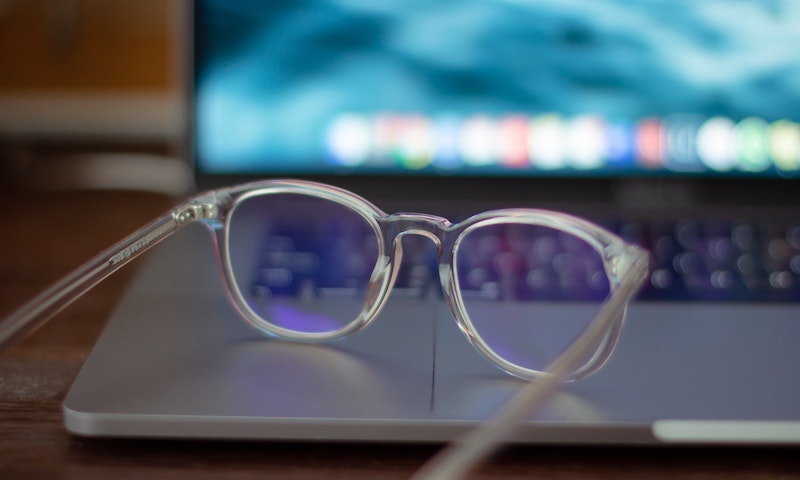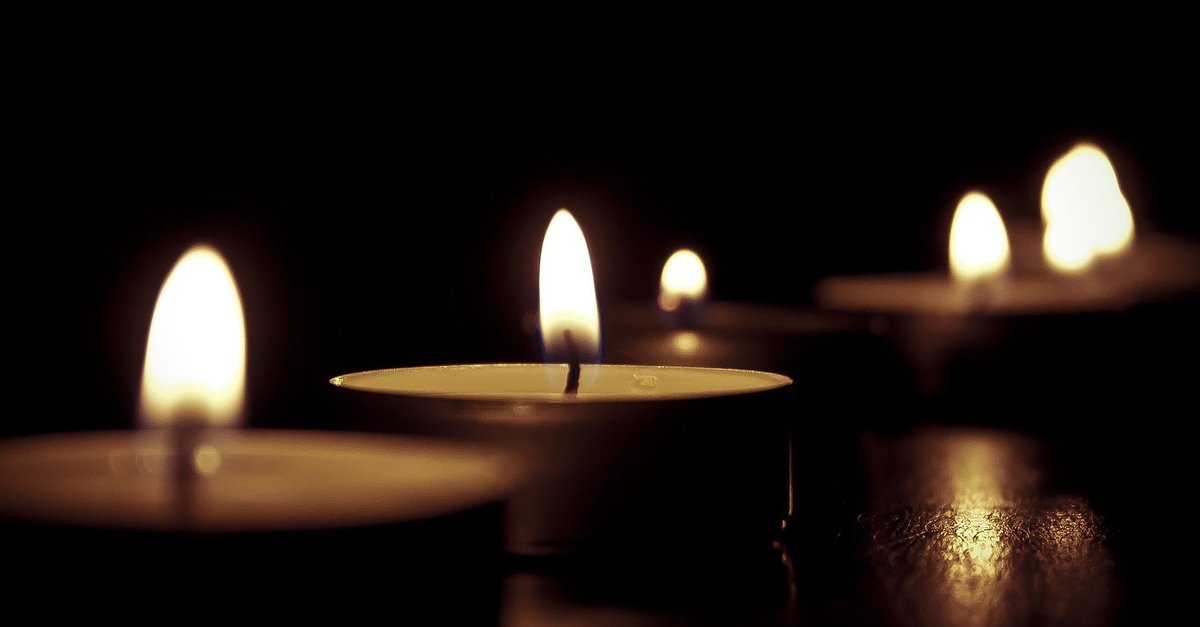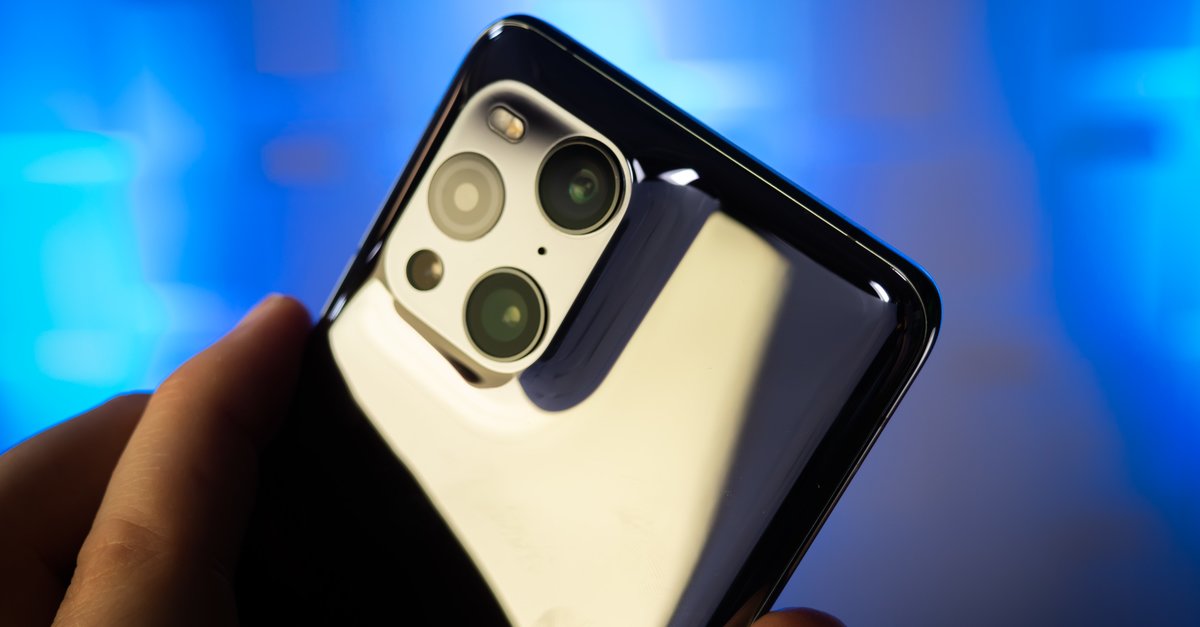Do they really protect against blue light?
Tired eyes, insomnia and headaches are among the symptoms reportedly triggered by blue light from screens and smartphone displays. Appropriate glasses with blue light filters should help. But are they actually useful? And how dangerous are the blue rays really? An overview.
The fact that LED screens emit blue light is no longer news. It is also known that blue light can cause problems with the eyes and promotes headaches and short-sightedness.
Glasses with a blue light filter should offer protection. But do they really help? And is blue light really that harmful?
Contents
The different types of blue light
Blue light doesn’t just come from screens, it’s a whole natural ingredient of sunlight. Instead of causing damage, the blue light actually has many important functions. For example, it is picked up by special nerve cells in the retina to signal the dawn to the body.
However, there are two different types of spectrum. The long-wave blue light is harmless and is also considered mood-enhancing. The short-wave blue light, on the other hand, is more intense and is considered harmful to the retina.
In addition, we are surrounded by artificial blue light, which is mainly present in LED light sources, energy-saving lamps and displays as well as screens of all kinds. If we are exposed to too much short-wave and unnatural blue light, it can release free radicals in the eye, which can lead to damage to the tissue in the eye.
However, the all-clear is given here: The intensity of the blue light from displays and screens is far below the currently scientifically defined threshold values above which our eyes are damaged.
The blue light can still cause problems
Nevertheless, many people complain of discomfort when they sit in front of the screen for too long. And that’s not imagination. Above all, plays here the period matters, over which our eyes are exposed to the glowing screens. Because people often sit at the computer for many hours or look at their smartphone.
Staring at a screen for too long can strain the eye muscles, which can lead to vision problems and related symptoms. Experts then also speak of digital visual stress.
Symptoms include headaches and difficulty concentrating. Insomnia and sleep disorders are also common complaints. Because through that blue light our melatonin balance gets messed up and keeps us awake. Blue light also causes dry and irritated eyes in some people.
Blue light filters can help with symptoms
Glasses with a blue light filter are very popular at the moment to protect yourself from constant exposure to blue light when working in front of a screen.
Thanks to a filter, they should counteract and prevent the symptoms. Blue light glasses are primarily intended for everyday use. They are used when working in front of the screen. Combined as sunglasses, they can also protect against blue radiation during the day or at night – for example when driving a car or using a smartphone.
Transparent glasses can reduce between 15 and 20 percent of the light. However, glasses with a strong yellow or orange tint offer even better protection. They absorb most of the blue light.
Alternatives to glasses with blue light filters can help
So far, science has only dealt with the influence of blue light in short periods of time. So far, there have been no long-term studies that clearly state how harmful the blue radiation from screens and smartphones actually is in the long term. And it has not been finally clarified whether glasses with blue light filters can protect our eyes permanently.
Using such glasses as a preventive measure in everyday life, however, cannot do any harm. And if you believe the feedback from users, the blue light glasses seem to have a positive effect on symptoms such as headaches and insomnia.
Speaking of which: If you don’t necessarily want to wear glasses, you can protect yourself from blue light in other ways. For example, many of the newer screens and smartphones have a night mode that reduces blue radiation.
Walks in daylight can also be helpful. This keeps our natural day-night rhythm intact. And in the case of insomnia and sleep disorders, it has been proven that the best way to help those affected is to completely avoid illuminated screens before going to sleep.
Also interesting:



